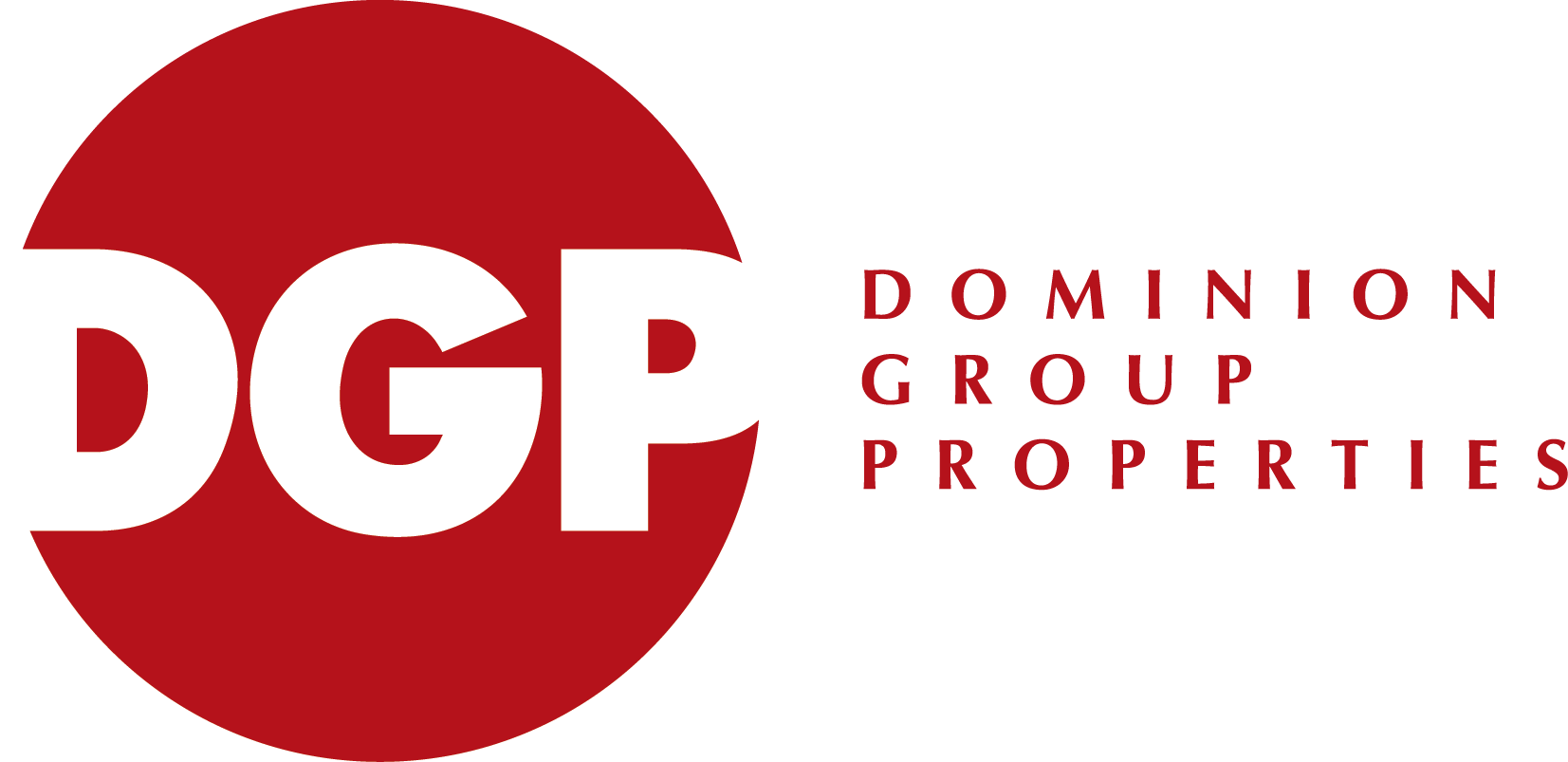Share This Article
An FHA mortgage is a home loan insured by the Federal Housing Administration. The FHA doesn’t lend money to borrowers; rather, it provides insurance to lenders to protect them in case a borrower defaults on their loan. This insurance allows lenders to offer more favorable terms to borrowers.
Lower Down Payments
One of the biggest advantages of an FHA mortgage is that it allows borrowers to make a lower down payment than conventional mortgages. With an FHA loan, you may be able to put down as little as 3.5% of the home’s purchase price.
Mortgage Insurance Premiums
While a lower down payment can be a big advantage, it’s important to note that FHA mortgages also require borrowers to pay mortgage insurance premiums (MIP). These premiums protect the lender in case the borrower defaults on the loan.
Credit Score Requirements
FHA mortgages typically have more lenient credit score requirements than conventional mortgages. While conventional lenders may require a credit score of 620 or higher, FHA-approved lenders may accept credit scores as low as 500 with a down payment of at least 10%.
Home Inspection Requirements
FHA mortgages require a home inspection by an FHA-approved appraiser to ensure that the property meets certain safety and livability standards
Loan Limits
FHA mortgages have a maximum loan limit depending on the property’s location. Homebuyers should check with an FHA-approved lender to determine the loan limit for the area where they want to buy a home.
Conclusion
In summary, an FHA mortgage is a type of home loan insured by the Federal Housing Administration. This type of loan can be a good option for homebuyers with a lower down payment or credit score.

Contact Jonathan Baer with questions or comments.

